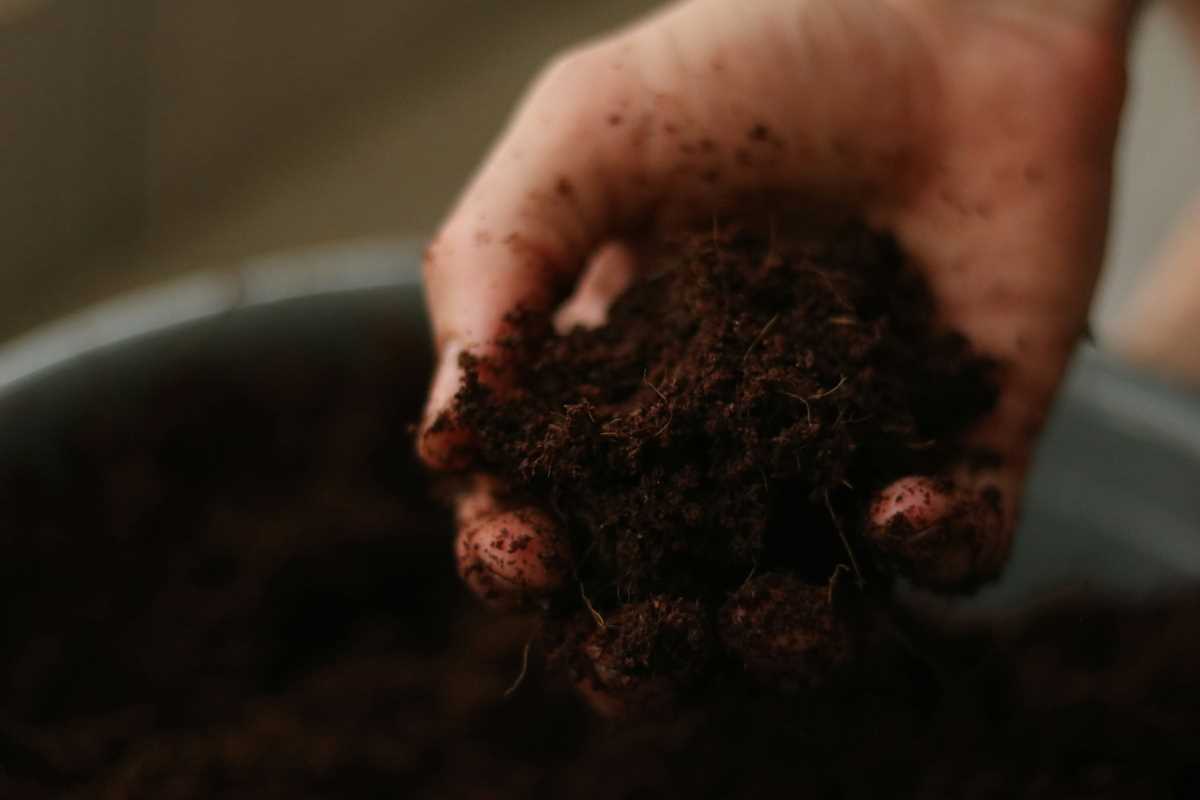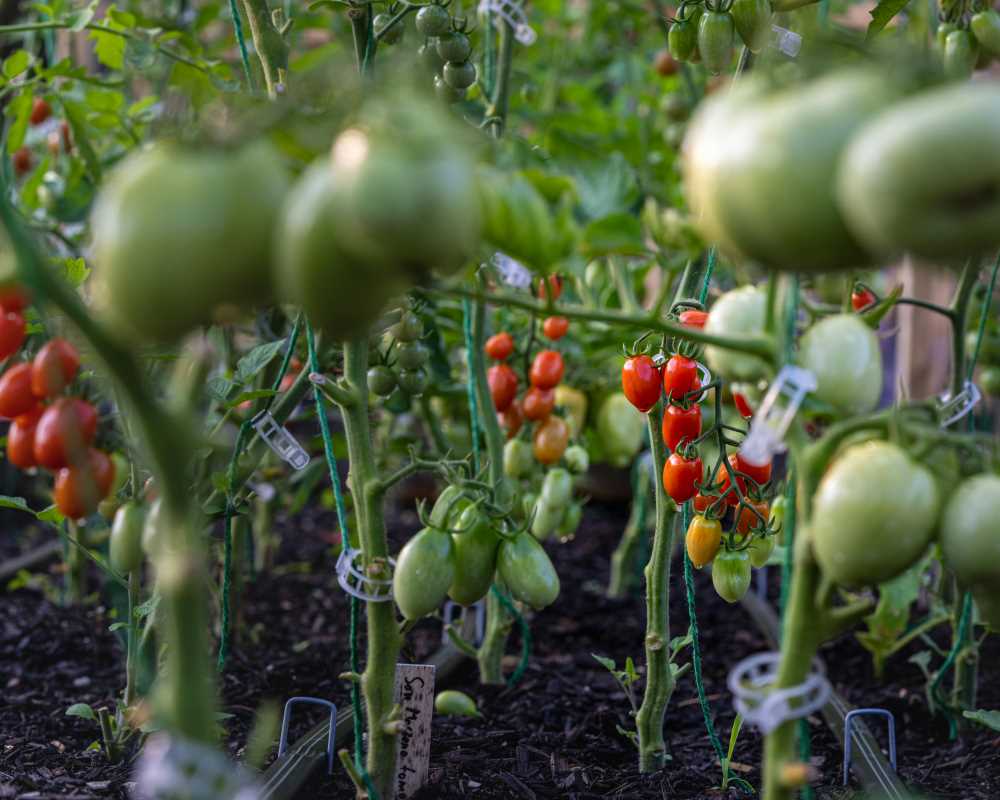Gardening is one of the most rewarding ways to connect with nature, grow your own food, and add beauty to your surroundings. But did you know you can take your gardening game further by making it eco-friendly? With the right tools, you can reduce waste, conserve resources, and lower your carbon footprint, all while helping your plants thrive. By switching to climate-friendly gardening tools, you’re making a positive impact on both your garden and the planet.
Here’s a list of the top five climate-friendly gardening tools that every eco-conscious gardener should own. These tools are designed to save energy, minimize pollution, and encourage sustainable practices.
1. Compost Tumblers for Organic Waste Recycling
A compost tumbler may be just a container for scraps on the surface, but more than that, it’s a sustainability powerhouse. This tool is designed to speed up the composting process, turning food waste and garden clippings into rich, fertile compost.
Why It’s Climate-Friendly
- Reduces Landfill Waste: About 30% of household waste is compostable. By composting at home, you divert organic waste from landfills, where it would otherwise release harmful methane gas.
- Cuts Down on Chemical Use: Compost enriches soil naturally, reducing the need for synthetic fertilizers and pesticides that are energy-intensive to produce.
- Promotes Soil Health: Healthy soil stores carbon more effectively, mitigating climate change.
Key Benefits
- Quick, efficient composting thanks to the tumbler’s design.
- Minimizes odors and pest issues compared to traditional compost piles.
- Lets gardeners recycle nutrients directly into their gardens, closing the loop.
Pro Tip
Choose a dual-chamber compost tumbler so you can compost in one chamber while starting a new batch in the other. Rotate it daily for faster decomposition.
2. Manual or Electric Push Mowers for Your Lawn
Lawn mowing is often an energy-intensive gardening activity, with gas mowers being a significant source of greenhouse gas emissions. Switching to a manual or rechargeable electric push mower can drastically reduce your environmental impact.
Why It’s Climate-Friendly
- No Fossil Fuels: Manual mowers require no gas or electricity, and electric mowers run on renewable energy sources if charged with solar panels.
- Low Noise Pollution: Unlike gas mowers, electric and manual options are quieter, contributing less to noise pollution.
- Energy Efficiency: Electric mowers use far less energy than their gas-powered counterparts and eliminate oil dependence.
Key Benefits
- Manual push mowers are straightforward to use and offer a workout while mowing.
- Electric mowers are low-maintenance, with no need for oil changes or spark plug replacements.
- Both options reduce harmful emissions substantially.
Pro Tip
For small to medium lawns, manual mowers work exceptionally well. If you have a larger area, opt for a battery-powered model with a long runtime.
3. Rain Barrels for Water Conservation
Water is one of the most valuable resources in any garden, and a rain barrel is a simple yet effective way to conserve it. By collecting rainwater from your gutters, you can reduce your dependence on municipal water supplies and irrigate your garden sustainably.
Why It’s Climate-Friendly
- Reduces Water Waste: Rainwater harvesting prevents runoff and ensures water is reused efficiently.
- Cuts Energy Costs: Utilizing rainwater for irrigation reduces demand on water treatment facilities, which are energy-intensive to operate.
- Works With Natural Cycles: Collecting rain promotes a closed-loop approach to gardening and harnesses free renewable resources.
Key Benefits
- Saves money on water bills.
- Provides chemical-free water ideal for delicate plants.
- Helps prevent flooding in your yard during heavy rainfall.
Pro Tip
Connect multiple barrels for increased storage capacity. Use a soaker hose or a drip irrigation system to distribute the collected rainwater efficiently.
4. Solar-Powered Garden Tools and Lights
Solar-powered tools and lighting are perfect for gardeners looking to align with clean energy practices. Innovations in solar technology have made it easier than ever to adopt solar-powered equipment for your outdoor space.
Why It’s Climate-Friendly
- 100% Renewable Energy: Harnessing the sun’s power eliminates the need for fossil fuels.
- Less Energy Waste: Solar-powered tools and lights require no electricity from the grid, saving resources.
- Long-Lifespan Products: Solar tools are designed to last, offering years of energy-efficient use.
Key Benefits
- Solar garden lights illuminate walkways or beds without electricity costs.
- Solar-powered water pumps for fountains or irrigation systems add functionality without emissions.
- Battery-free operation reduces electronic waste.
Pro Tip
Place solar garden lights in areas with full sunlight exposure for maximum efficiency. Regularly clean the panels to ensure optimal energy absorption.
5. Hand Tools Made from Sustainable or Recycled Materials
Every gardener needs basic tools like shovels, pruners, and trowels, but the materials they’re made from matter. Opting for tools made from bamboo, recycled steel, or biodegradable components is a small yet impactful step toward eco-friendly gardening.
Why It’s Climate-Friendly
- Minimizes Waste: Tools made from recycled materials reduce landfill contributions and extend the life cycle of resources.
- Saves Energy: Producing sustainable materials typically requires less energy compared to virgin materials.
- Supports Ethical Practices: Many companies that offer sustainable tools invest in fair labor and carbon offsetting.
Key Benefits
- Durable and cost-effective over time due to high-quality craftsmanship.
- Bamboo handles are lightweight and biodegradable.
- Recycled metals offer the same strength as new steel but with a smaller footprint.
Pro Tip
Look for certifications, such as FSC (Forest Stewardship Council) labels on wooden-handled tools, to ensure they come from responsibly managed forests.
 (Image via
(Image via





